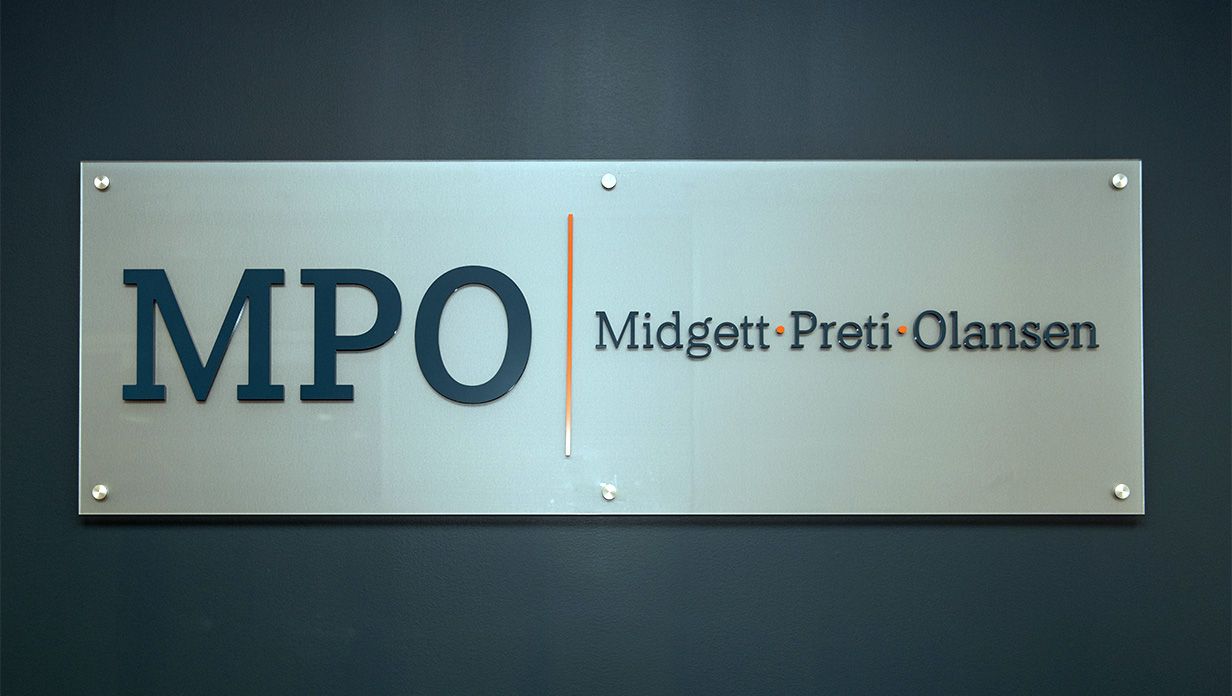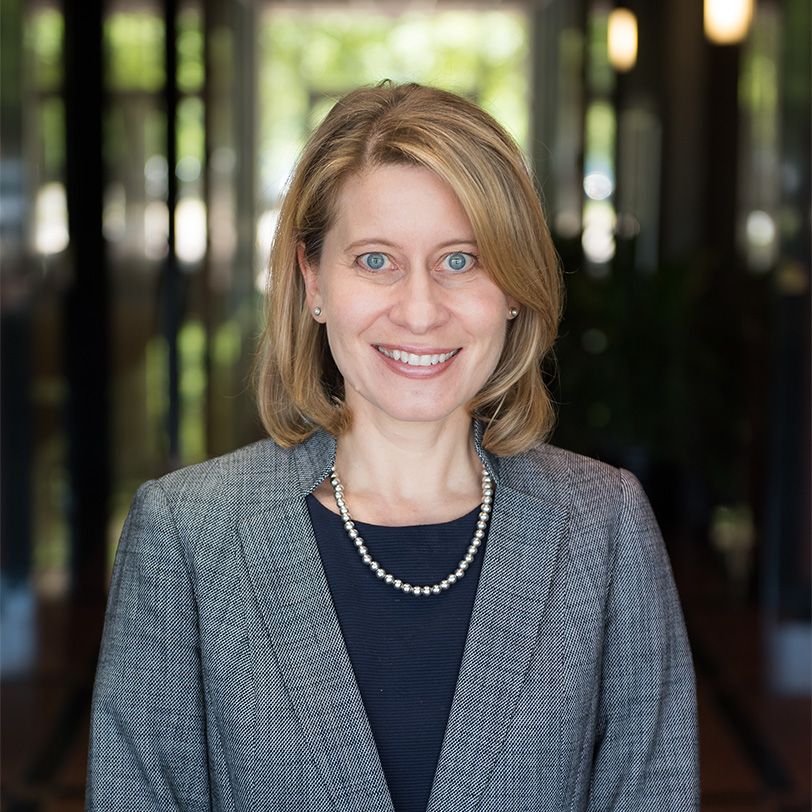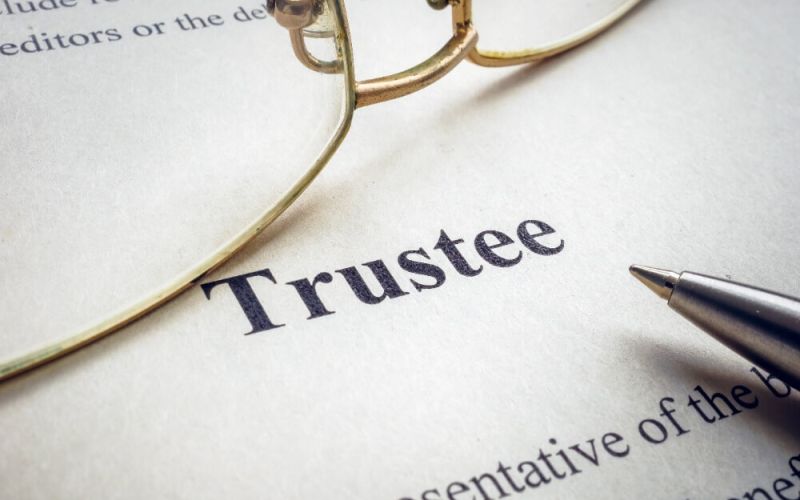Are You Responsible for Your Deceased Spouse’s Medical Bills?


After the death of a spouse, the surviving spouse will inevitably receive bills from hospitals and rehabilitation facilities. Typically, these bills are sent in the name of the deceased spouse. Are you, as the surviving spouse, obligated to pay them?
The general rule in Virginia is that you are not responsible for your spouse’s personal debts. Furthermore, assets owned by a surviving spouse due to a right of survivorship are not subject to claims by creditors for debts owed by the deceased spouse. However, if a spouse signs a contract agreeing to pay for medical treatment provided to his or her spouse – often called a personal guaranty – the surviving spouse is responsible for paying the medical bills.
Virginia recognizes the common law “doctrine of necessaries,” which provides that, even if a spouse does not agree in writing to pay his or her spouse’s medical bills, an implied contract is created requiring a spouse to pay for “necessary” medical services provided for the other, unless the spouses are living separate and apart. Prior to July 1, 2023, this meant that, even if a surviving spouse did not agree in writing to pay his or her spouse’s medical bills, the spouse would be responsible for payment of any unpaid bills for necessary medical services after the death of the patient spouse. However, a statutory modification of the doctrine of necessaries, effective July 1, 2023, now terminates this spousal responsibility for payment upon the death of the spouse who received the medical care. While spouses continue to have joint and several liability for payment of necessary medical expenses while both spouses are living, the surviving spouse is no longer personally responsible for the payment of necessary medical care expenses after the death of the patient spouse. See Va. Code § 55.1-202.
It is not clear whether hospice care is covered by the doctrine of necessaries. If your spouse is being treated by physicians and nurses and receives medication or other palliative care at a rehabilitation facility, a strong argument can be made that the treatment is medically “necessary,” and that the non-patient spouse is responsible for payment for that care while the patient spouse is living. In any case, after the patient spouse dies, the surviving spouse’s responsibility to pay the hospice expenses is extinguished.
Similarly, prior to July 1, 2023, a spouse was personally responsible for the payment of “emergency” medical care provided to his or her spouse, which was defined as care provided during an initial emergency admission in order to preserve the patient’s life or health. However, the section of the Virginia Code that created this spousal liability, § 8.01-220.2, was repealed, effective July 1, 2023.
It is important to remember that, even though a surviving spouse is no longer required to use his or her own funds to pay a deceased spouse’s medical bills, medical providers can still seek recovery from the deceased spouse’s estate. Assets that are owned by spouses as tenants by the entirety or jointly with right of survivorship pass to the surviving spouse by operation of law at the death of the first spouse, and are not considered part of the deceased spouse’s estate. However, assets that were owned solely by the deceased spouse at the time of his or her death, and that were not designated as “payable on death” (POD) or “transfer on death” (TOD) to the surviving spouse, could be subject to recovery by medical providers for the payment of unpaid medical bills after the death of the patient spouse.
Whether or not you could be responsible for paying your spouse’s medical debts is heavily dependent on the particular facts surrounding your spouse’s care. While this article provides a general explanation of the law, it is always recommended that you consult with an experienced attorney for specific legal advice.

Written By Ann H. Larkin
Ann H. Larkin is a Shareholder at Midgett Preti Olansen. She focuses her practice on estate planning, estate and trust administration, special needs planning and guardianship and conservatorship matters. Ms. Larkin is certified by the Virginia Supreme Court as a guardian ad litem for incapacitated adults.
Latest Resource Articles
-

What is the Difference Between Trustee, Executor, and Pow…
Written by Nathan R. Olansen on January 10, 2024.Key Takeaways: The overarching goal of any trustee, executor, or power of attorney is to wo…Read more -

Reasons Why You Should Hire a Professional Executor
Written by Nathan R. Olansen on December 21, 2023.Key takeaways: A fiduciary is a person or entity appointed to handle financial and legal ma…Read more -

Why Set Up a Trust for Your Grandchildren?
Written by Alison R. Zizzo on December 11, 2023.Creating a trust for a grandchild requires not only an understanding of one’s financial goal…Read more -

Understanding The Benefits of a Bloodline Trust
Written by Alison R. Zizzo on November 10, 2023.Key Takeaways A bloodline trust is an estate planning tool designed to protect assets for d…Read more -

Are Powers of Attorney Responsible for Medical Bills?
Written by Nathan R. Olansen on September 22, 2023.According to a Genworth’s 2021 Cost of Care Survey, the reported average cost of assisted li…Read more -

Top Reasons for Disputing a Trust in Virginia
Written by Nathan R. Olansen on September 1, 2023.A trust is a valuable tool for saving your loved ones from the probate process and reducing …Read more -

Are You Responsible for Your Deceased Spouse’s Medical Bi…
Written by Ann H. Larkin on August 29, 2023.After the death of a spouse, the surviving spouse will inevitably receive bills from hospita…Read more -

Know the Signs of an Employee Retention Credit Scam
Written by Nathan R. Olansen on August 2, 2023.If it sounds too good to be true, it probably is. The IRS has sounded the alarm repeatedly r…Read more -

Can a Trustee Sue a Beneficiary?
Written by Nathan R. Olansen on August 1, 2023.When you are named the trustee of a trust, it comes with responsibilities you need to be pre…Read more
"*" indicates required fields

© 2024 Midgett Preti Olansen





